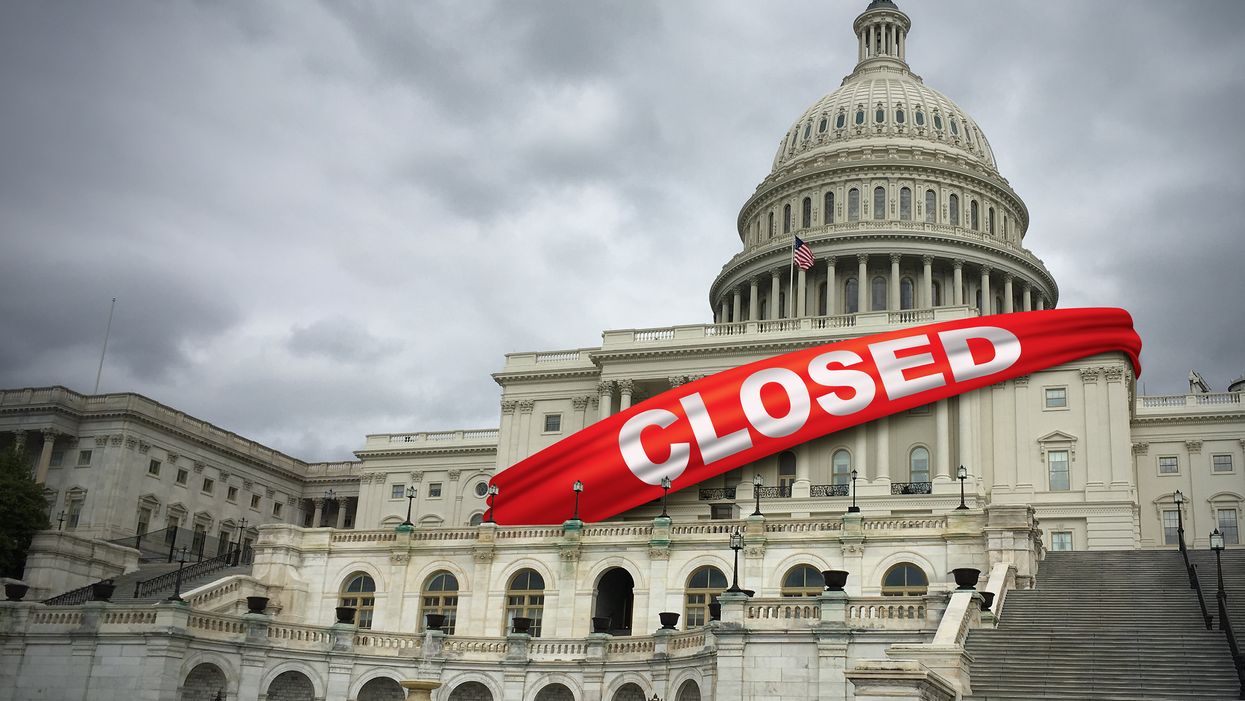The survey comes at a critical time for the federal workforce, which is aging rapidly. Federal workers older than 60 outnumber those younger than 30 by nearly two to one, according to the Office of Personnel Management. Job satisfaction and retention are central indicators that the people who actually operate American democracy have some confidence it's functioning as intended.
The new survey, by Eagle Hill Consulting, was conducted online in May and June. It echoes a survey of federal employee attitudes published by OPM last month that found a similar contrast between forms of job satisfaction: 90 percent told the government personnel agency they view the work they do as important, but less than half said they are satisfied with the policies and practices of their senior leaders.
The new survey found a variety of examples of dissatisfaction by the 2.1 million civilian federal employees and the 1.4 million active military workers. Among the findings:
- Three-fourths say their organization has core values but only 55 percent say the organization's policies align with those values.
- Only 61 percent of federal workers trust their direct supervisor, and a slightly higher share of employees distrust top leaders in their organization (40 percent) than trust them (38 percent). This stands in contrast with a national survey of private sector employees by Eagle Hill that found 58 percent trust their executive leadership.
In a report containing the poll results, the consulting firm argues for improving the culture of the federal workplace. "A strong culture is key to developing and retaining an engaged, productive workforce," the report states.




















Trump & Hegseth gave Mark Kelly a huge 2028 gift